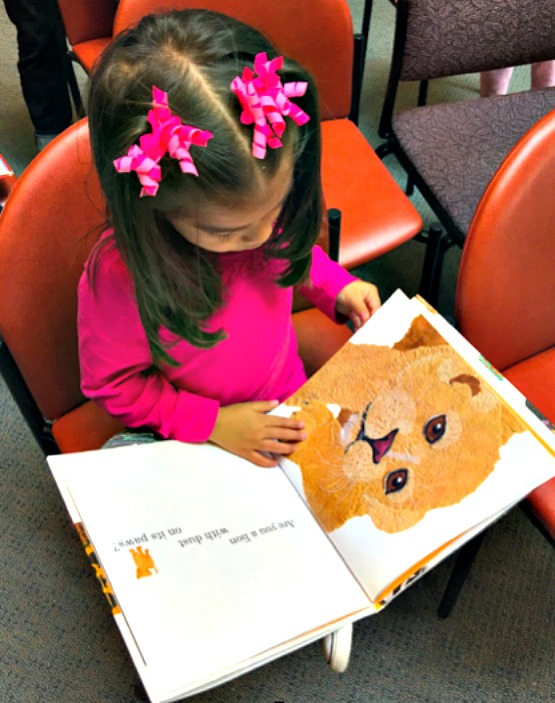A little over 17 years ago, UNICEF defined a quality education as, “Learners who are healthy, well-nourished and ready to participate and learn, and supported in learning by their families and communities; Environments that are healthy, safe, protective and gender-sensitive, and provide adequate resources and facilities; Content that is reflected in relevant curricula and materials for the acquisition of basic skills, especially in the areas of literacy, numeracy and skills for life, and knowledge in such areas as gender, health, nutrition, HIV/AIDS prevention and peace. Processes through which trained teachers use child-centred teaching approaches in well-managed classrooms and schools and skilful assessment to facilitate learning and reduce disparities. Outcomes that encompass knowledge, skills and attitudes, and are linked to national goals for education and positive participation in society.”
Earlier this year, my daughter began her K-12 academic career. As my wife and I thought about the possible schools our daughter could attend, we held a single standard: we want a school that offers quality education. This standard of course had to be defined by my wife and I, and in doing so we considered our daughter’s strengths, both socially and academically. We knew that we wanted a school that emphasized the arts, since our daughter loves music and painting. We also knew that we wanted a school with a diverse student body; not just white kids, but also not just kids of color–we wanted a truly diverse student body. We wanted a school that offered lessons on social justice and community leadership with a curriculum that reconciled academic content with real-life applications. Unfortunately, we didn’t find many of these schools.
There are great schools in the Bay Area that provide quality education according to our definition, especially in the city of Oakland and surrounding areas. However, these schools are mostly charter schools, and they are far and few in between. Most district schools have not arrived at a point of sufficient discomfort with their curriculum so as to recreate their culture and classroom lessons. Most district schools continue to have an overall low literacy performance, and the arts have been overshadowed by the burgeoning focus on STEM.
My wife and I wish we could have the opportunity to consider schools for our daughter in both the charter networks and the district levels, but we simply do not have that option. We are forced to look to charters in order to meet our daughter’s strengths because our district schools simply do not meet our definition for a quality education. There is a level of subjectivity to my claim–quality education for my daughter might look different than that for a student whose strengths lie in the field of STEM. The underlying reality is that quality education should be offered to every student, regardless of their individual strengths. All schools should strive to meet quality standards for all students, at all levels.
After almost two decades, most of UNICEF’s definition has not been fully met by our education system. We see a school, here and there, moving towards creating a self-image that truly reflects the community they teach, but our education system fails in its overall attempts. My wife and I want to see both charter schools and district schools create “relevant curricula” that tackles current social issues such as systemic racism, economic disparities, health concerns, and discrimination based on age and gender. We also want to see “child-centered teaching approaches” that inspire my daughter to further her current strengths, rather than conforming to our ever changing, tech-based economy in order to survive in this country. We can all see these changes if we speak up, and let our educators know that we demand quality education at all levels, at all times.
Robel Espino
Latest posts by Robel Espino (see all)
- Parte 2, Explorando las Ideas de Jeffrey Duncan-Andrade: La Política y la Economía del Fracaso - December 18, 2019
- Part 2, Exploring Jeffrey Duncan-Andrade’s Ideas:The Politics and Economics of Failure - December 16, 2019
- Explorando Las Ideas de Jeffrey Duncan-Andrade, Parte 1: El Sistema de Educación Urbana, No Está Fallando - December 3, 2019
- Exploring Jeffrey Duncan-Andrade’s Ideas, Part 1: The Urban Education System Is Not Failing - November 26, 2019
- Estudio Sugiere Que las Lecturas en el Aula No Son Muy Efectivas, Pero Mis Alumnos y Yo las Amamos - November 22, 2019

